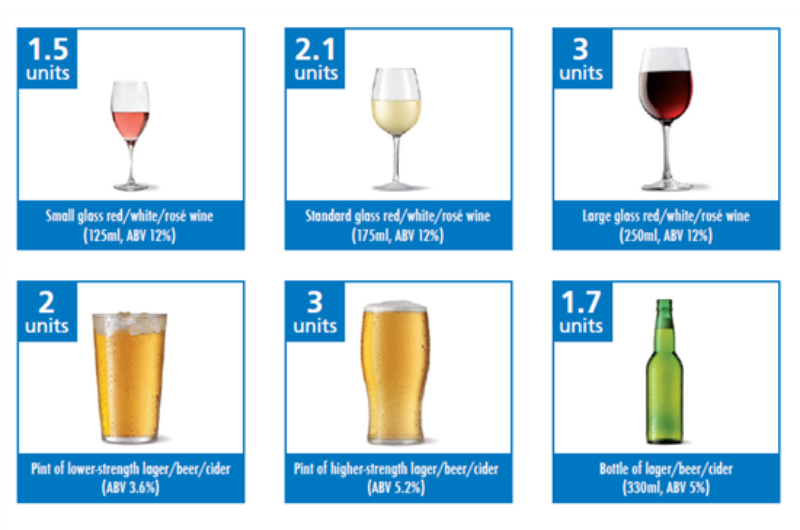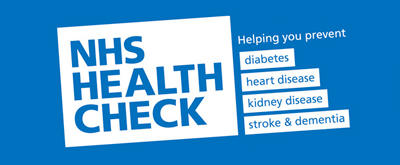Introduction

North Tyneside Council is committed to reducing alcohol-related harm and promoting lower risk drinking. It recognises that there are problems associated with the overconsumption of alcohol resulting in a number of risks, including to our health, relationships, and safety within the community.
North Tyneside Alcohol Strategy 2023-2025
Our vision for alcohol in North Tyneside is to reduce the levels of alcohol misuse and alcohol-related harm across the life course within the borough, while reducing inequalities.
The full strategy can be found below.
Related documents
Alcohol and adults
A large majority of the adult population in England consume alcohol – in 2018, over four fifths (82%) of adults drank alcohol in the past year with just under a half (49%) drinking at least once a week. Two fifths (40%) of adults in both the North East and England as a whole are drinking over the recommended 14 units of alcohol per week.
The overall amount of alcohol consumed per person reached a peak in England in the mid-2000s and then began to fall steadily. Despite this, the COVID-19 pandemic had an impact on drinking behaviour, showing that there was an increase in people drinking at higher-risk levels and that those drinking the heaviest before the pandemic were more likely to report increasing their drinking.
In North Tyneside, it is estimated that at least a quarter of adults are drinking more than the 14 units of alcohol per week which means that they are putting themselves at risk of developing health problems in the future due to their drinking. Over 2,600 adults in North Tyneside are classed as dependent on alcohol, meaning that they continue to drink despite harmful consequences as they feel they cannot function or survive without alcohol. Since the COVID-19 pandemic, there has been a shift in behaviour as more people consume alcohol at home.
Regularly drinking too much alcohol can have severe effects on your health. There are over 60 medical conditions that you may be at increased risk of by drinking above the guidelines, including a number of cancers, high blood pressure, liver disease and depression.
Every year in North Tyneside, there are around 100 alcohol-specific deaths, 2,500 alcohol-related hospital admissions, around 2,000 alcohol-related violent crimes and thousands of work-related absences linked to drinking alcohol.
The personal, social, and economic cost of alcohol has been estimated to be £21 billion annually in England and over £99million for North Tyneside, with cost implications for the NHS, crime and licensing, workplaces, and social care.
Reducing your consumption
Understanding how many units you’re consuming or realising that alcohol can cause risks to your health and unhealthy weight gain, may make you want to change your drinking habits. You can make informed choices and start to make positive changes to your lifestyle, limiting the impact that alcohol has on you and the people around you.
Currently, the UK recommendation is that men and women are advised not to drink more than 14 units of alcohol a week. This is equal to six pints of average strength beer a week. Regularly drinking more than this can increase the risk to your health. The more you drink, and the more often, the greatest the risk to your health.
Binge drinking is drinking over double the recommended daily guidelines on any single occasion. Binge drinking carries particular risks to both your health and your personal safety, increasing your risk of being involved in an accident.
The NHS website has practical tips to help you cut down.
Alcohol and young people
Giving alcohol to children at an early age does not turn them into a “responsible” drinker as an adult. In fact, underage drinking increases the chances of longer-term problems with alcohol misuse and the earlier a child is introduced to alcohol, the more likely they are to have an alcohol problem later in life.
The human brain takes until the age of 25 to fully develop and alcohol can slow down brain development and have a long-term impact on memory, reactions, and attention span. Young people who drink alcohol are also at risk of effects to their mental health and wellbeing, effects to their liver, bones, and growth as well as an increased risk of alcohol poisoning.
Young people who drink alcohol will be less able to consent to sex or sexual touching and are more likely to have unprotected sex. Children who drink alcohol are also more likely to take illegal drugs, get hurt due to violence or accidents, and fall behind academically at school.
Due to the health and social problems, the UK guidance is that children and young people are advised not to drink alcohol before the age of 18.
Anti-spiking advice
Drink spiking is when someone puts drugs or alcohol into another person’s drink without their consent.
It can affect a person’s physical health as well as having considerable and often long-lasting effects on mental health and wellbeing.
The number of recorded crimes of spiking in the UK has been increasing, although the true number of spiking crimes occurring is likely to be higher than the recorded number.
There is advice available for owners of licensed premises within the borough to help prevent drink spiking from occurring as well as advice for individuals on how to stay safe and what to do if they think they have been spiked:
For premises:
The Local Government Association (LGA) provides a guidance note on drink spiking prevention with recommended actions for licensed premises. This includes recommending a number of training packages:
- Welfare and Vulnerability Engagement (WAVE) initiative - a free tool that aims to increase the skills and knowledge of those working in licensed premises to identify vulnerability and make appropriate interventions to keep people safe
- Ask for Angela - providing customers with a code word to communicate discretely that they are feeling unsafe or threatened - staff will know that the individual needs support to leave their situation and can call them a taxi, escort them to their car or call the police
For individuals:
- Police.uk website - information on what spiking is, advice to reduce the risk of being spiked, some signs of being spiked and what to do if you think you’ve been spiked
- Talk to Frank - advice on how to stay safe on a night out and what to do if you think you’ve been spiked
Local information and support
Front Door Service - report any concerns about the safety or welfare of a child in North Tyneside. If you think a child is in immediate danger, call 999.
- Call: 0345 2000 109
- Find information online
North Tyneside Recovery Partnership (NTRP) - a service for anyone living in North Tyneside who is experiencing problems with alcohol and/or drugs.
- Call: 0191 640 0180
- Visit: Wallsend Customer First Centre, 16, The Forum Shopping Centre, Station Road, North Tyneside, NE28 8JR
- Find information online
P.A.U.S.E (Problematic Alcohol Use.. Say Enough) project - offers support to individuals and families affected by or experiencing problematic alcohol use.
- Call: 0191 341 0033
- Email: steve@themeadows.community
- Visit: Meadow Well Connected, Waterville Road, North Shields, NE29 6BA
- Find information online
PROPS North East - offers support for people whose lives are affected by someone else’s drug or alcohol use.
- Call: 0191 226 3440
- Email: office@propsnortheast.org.uk
- Visit: The Linksill Centre, Linksill Terrace, North Shields, NE30 2AY
- Find information online
Street Pastors Whitley Bay - trained volunteers who patrol streets at night on Fridays and Saturdays to help those in need, many of whom have used alcohol and may be in a vulnerable state.
- Find information online
Balance - the North East alcohol programme which works to reduce alcohol harm. The website includes information and evidence on alcohol-related harms.
- Find information online
Family Drug and Alcohol Support Service – our previous Bottled Up service (see final report below) has expanded into the Family Drug and Alcohol Service. This offers a range support for adults, and young people, around their drug and alcohol use and children impacted by an adult’s drug and alcohol use.
To enquire about the Drug and Alcohol Family Support Service, complete this form or contact drugandalcoholsupport@northtyneside.gov.uk
Find more information on our Early help page.
Related documents
National information and support
- Drinkline - national free alcohol helpline for anyone worried about their own or someone else’s drinking. Call: 0300 123 1110 (lines open 9am–8pm on weekdays and 11am-4pm at weekends)
- Alcohol Change UK - national UK alcohol charity’s website with advice and support about reducing alcohol-related harm. Find information online
- Adfam - national charity which helps families affected by drugs or alcohol. Find information online
- NHS drug or alcohol support - further advice and support on getting help for a drug or alcohol addiction. Find information online
- Talk to Frank - a guide on illegal drugs and the associated effects and risks. Find information online

